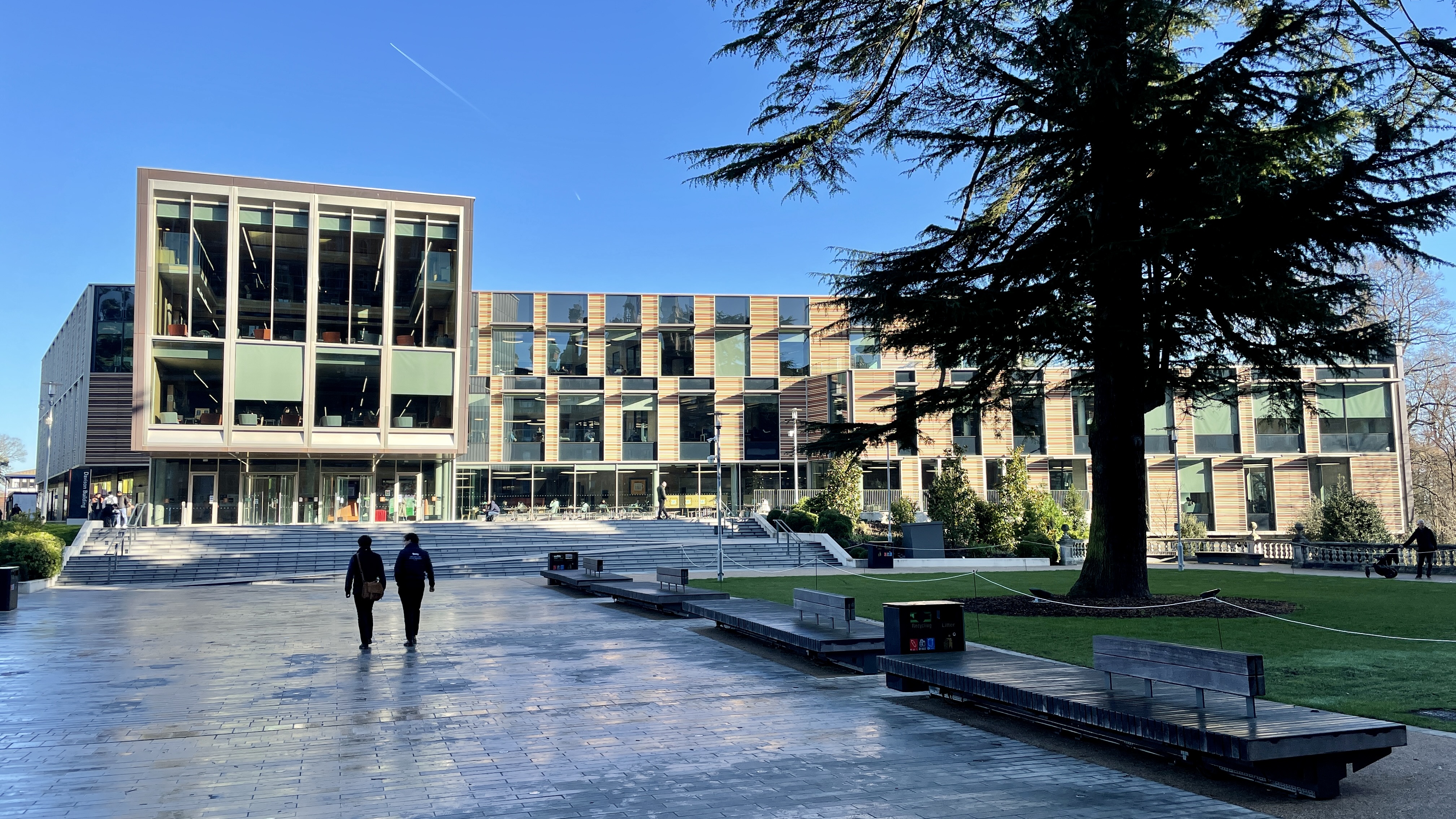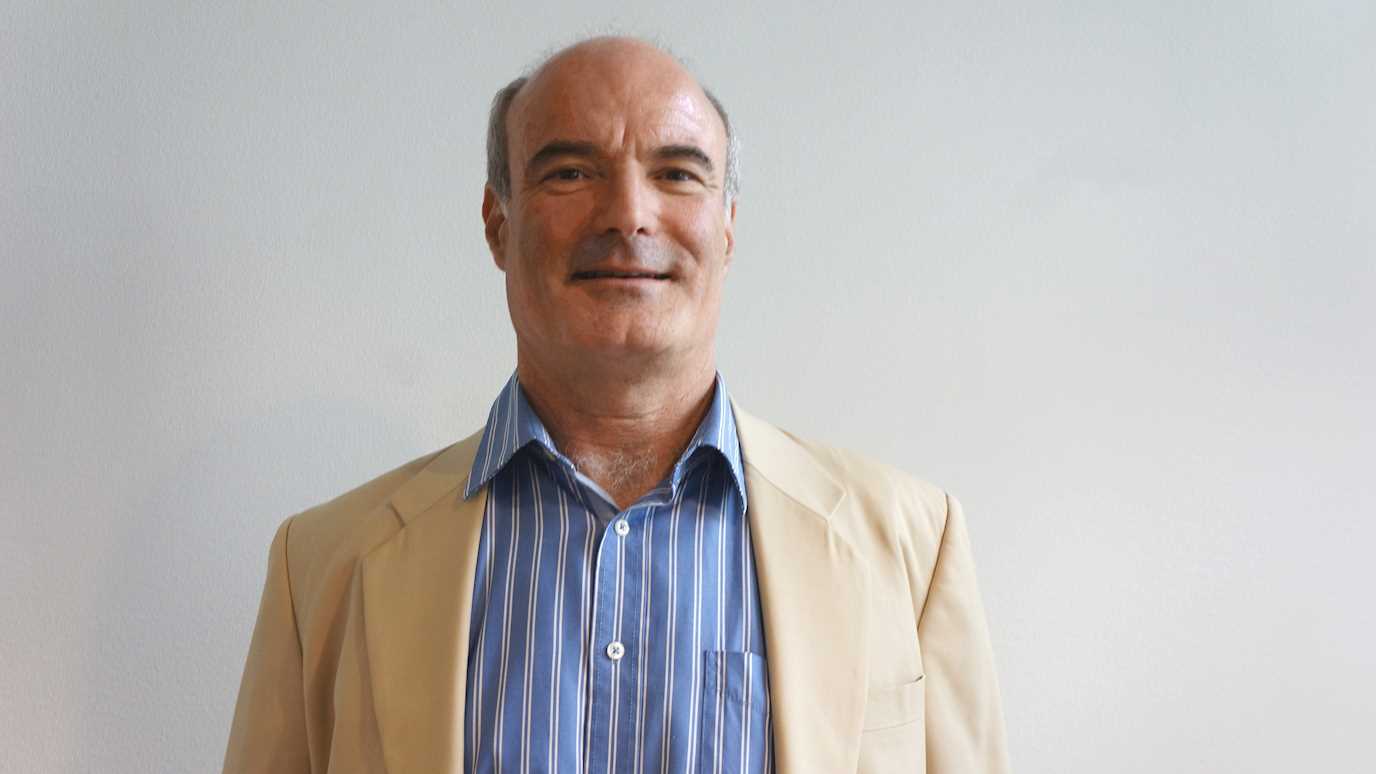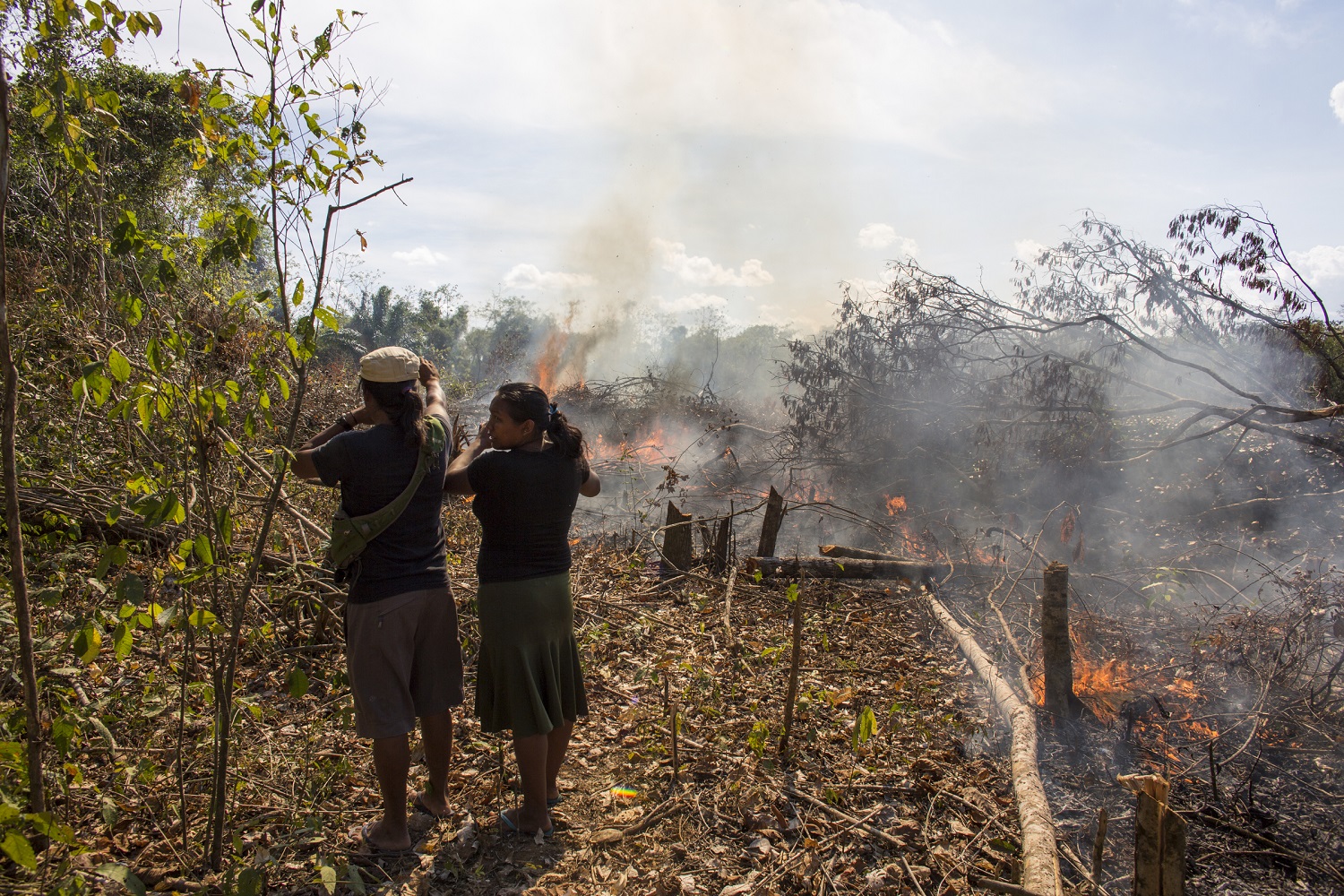2020 Antarctic place-names are announced to mark the 200th anniversary of the discovery of Antarctica
The Government of the British Antarctic Territory has announced 28 new place-names to mark features in the area. These place-names honour those who have made an exceptional contribution to furthering the understanding, protection and management of Antarctica over the last fifty years, and whose achievements warrant highlighting alongside those of the early explorers.
Dr Bethan Davies has been involved in the decision making process, having been selected to serve as a member of the Antarctic Place-Names Committee earlier this year.
The committee identified key geographical features where naming is necessary for scientific, logistical or management purposes. Names generally comprise a generic term, which describes the feature being named, and a specific name, which can be descriptive, themed on Antarctic history, science or culture, or after persons who have made a significant and sustained contribution to Antarctic science, or other notable service relating to Antarctica.
2020 marks 200 years since the discovery of the Antarctic continent, following on from the discovery of the South Shetland Islands in 1819. The Government of the British Antarctic Territory specifically asked the UK Committee for Antarctic Place-Names during this year to consider names to celebrate scientists, explorers, logisticians and others who have made a significant contribution to the UK’s scientific and exploration record in Antarctica.
Dr Bethan Davies commented: “It’s fantastic to see people that have contributed so much to Antarctic research and knowledge celebrated in this way. It’s also an excellent example of international cooperation under the Antarctic Treaty, with all names accepted by the Scientific Committee for International Research.
More broadly, the naming process identifies important places and geographical features that were previously nameless, providing important reference points for navigational purposes and future scientific work.’
Those recognised today represent leading UK Antarctic scientists or those who have contributed to our greater understanding of the continent, and who until now have not been honoured with a place name.
Among those recognised are seven pioneering women, including Dame Prof Jane Francis who has furthered understandings of temperature changes in Antarctica’s geological past, and Prof Helen Fricker, who is a world leader on the use of satellite data in the Antarctic, demonstrating how floods of water move beneath ice sheets.
You can read the full list of new names here and find out more from the BBC here.
























